The remarkable nervous system and how it runs our physiology and cognition

Are you or someone you know having a hard time? Do you experience mental or physical pain, tightness in your chest or stomach, restless sleep, or just a general sense of unease or dissatisfaction with how your life is unfolding right now? The yoga tradition calls it duhkha, which can be translated as a sense of unease or simply suffering. The quintessential yogic text, Patanjali’s Yoga Sutras, advises that unnecessary suffering must be avoided. Easier said than done! However, the more I study the body, the yoga tradition, and the sutras, the more I realize that much of the physical, physiological, and mental suffering is caused by the nervous system gone awry. How exactly does it work? Let’s unpack.
Our nervous system is one of the most delicate and sophisticated creations with remarkable potential for learning and transformation. It receives information from the inside and outside of our bodies, processes it, and acts on it by moving the body and regulating the function of our organs, glands, and tissues. Our sensory perceptions also form our cognition, which includes learning, memory, perception, decision-making, emotions, and all other forms of information processing. We act in response to the sensory stimuli, either reflexively or intentionally. Out of all potential scenarios, we choose to react or act in a certain way, depending on how our nervous system interprets the signals we receive. This interpretation of our sensory stimuli can be accurate, inaccurate, or ambiguous and can put us either in a state of ease (sukha) or a state of unease (duhkha).
On the most fundamental level, our brains are primarily concerned with survival. To accomplish this task, the brain needs to:
- Monitor what your body needs, like food, rest, safety, sex, and shelter
- Figure out where in the world you can satisfy those needs
- Generate the necessary energy and drive to get you there
- Warn you of the dangers and opportunities along the way
- Modify plans and actions according to circumstances
In addition, since we have better chances of survival as a group, we need to be able to coordinate and collaborate with one another. All these tasks are accomplished by our nervous system. Below is a simplified map of the different branches of the nervous system and their function.
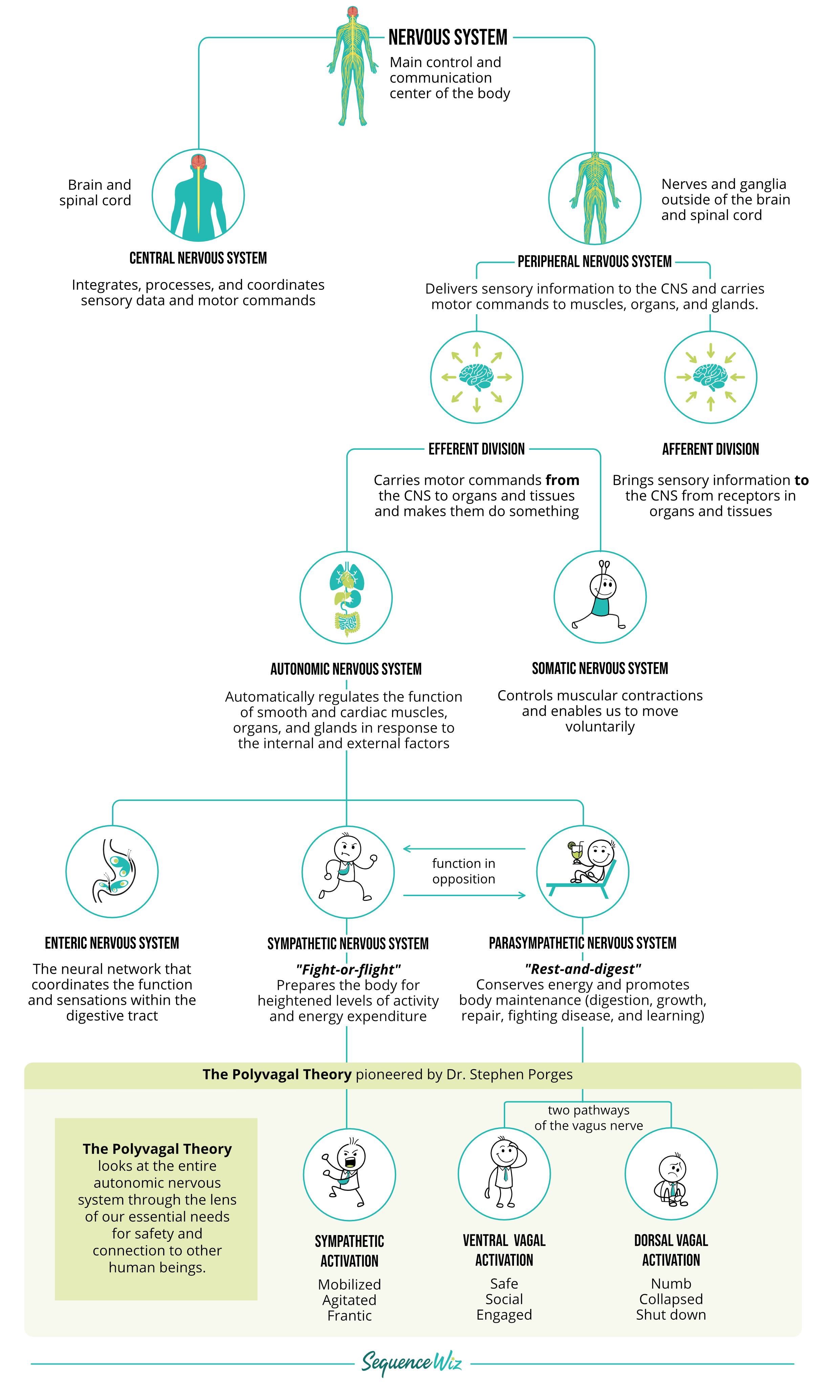 All sorts of physical, physiological, and psychological issues can occur if we
All sorts of physical, physiological, and psychological issues can occur if we
- Miss or misinterpret the inner signals about our needs
- Cannot find a way to satisfy those needs
- Don’t have enough energy and resources to proceed
- Get stuck in the chronic state of high alert
- Become too rigid to adapt to changing circumstances
- Fail to form or keep lasting relationships
Our life experiences, particularly chronic pain and trauma, alter our nervous system and change our perception of the outside world. We can get stuck in a state of constant alert from chronic stress, feel pain when the actual tissue damage has long healed, or relive trauma over and over as if it’s still happening; these are just some examples of the alterations of the nervous system that lead to mental and physical suffering.
Read more about
References
-
Fundamentals of Anatomy & Physiology by Frederic H. Martini, Judi L. Nath, Edwin F. Bartholomew (affiliate link)
-
MetaAnatomy: A Modern Yogi’s Practical Guide to the Physical and Energetic Anatomy of Your Amazing Body by Kristin Leal (affiliate link)
-
The Body Keeps the Score: Brain, Mind, and Body in the Healing of Trauma by Bessel van der Kolk M.D.(affiliate link)
-
The Polyvagal Theory in Therapy: Engaging the Rhythm of Regulation by Deb Dana (affiliate link)

Our bodies constantly send us signals about the state of their internal balance. They try to communicate with us, but we rarely listen. Instead of letting things fester and get out of hand, let’s learn to listen to our body’s signals by developing our interoception (conscious awareness of what’s happening inside).

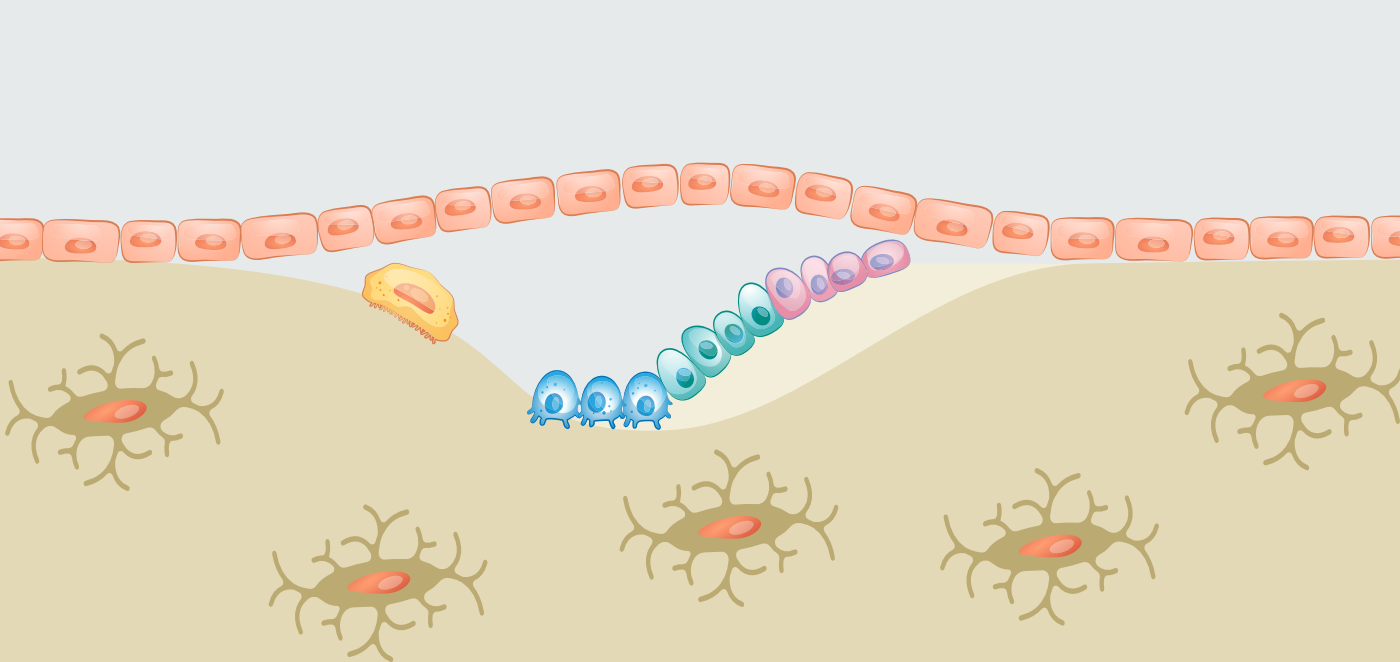

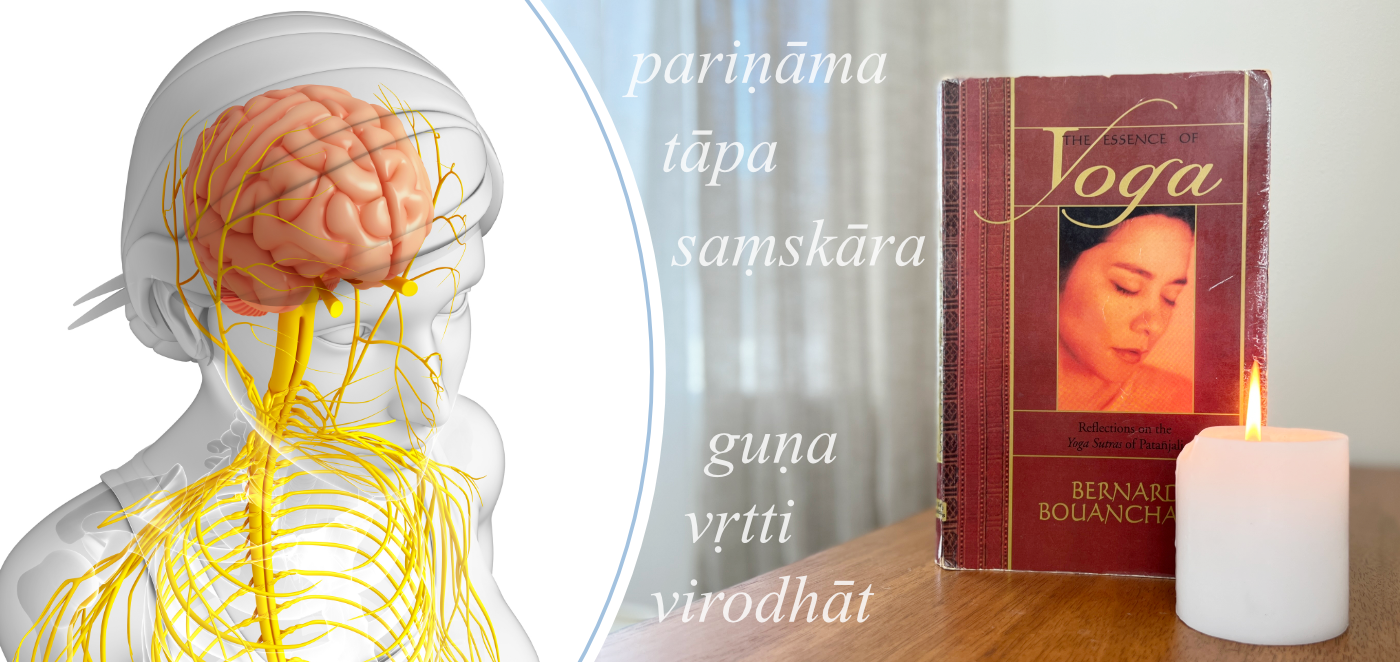

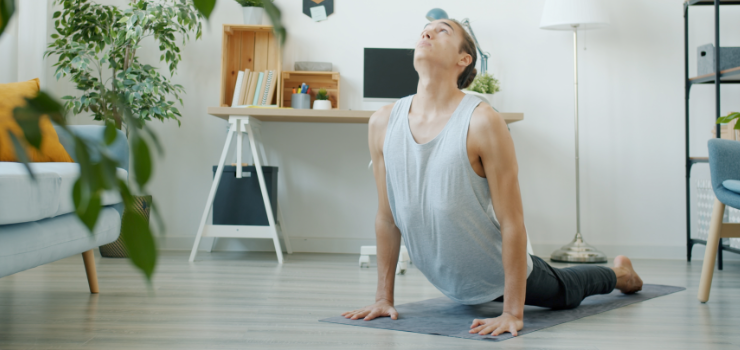
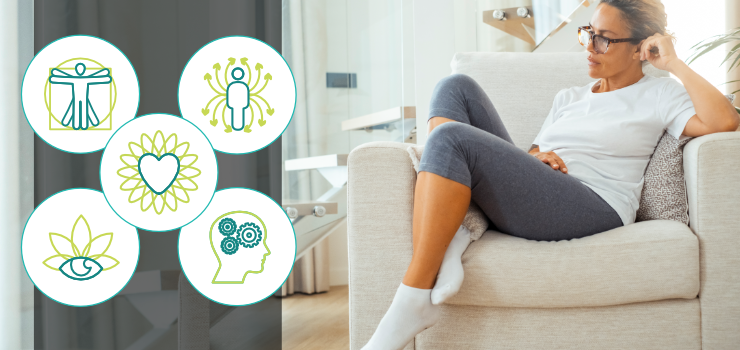

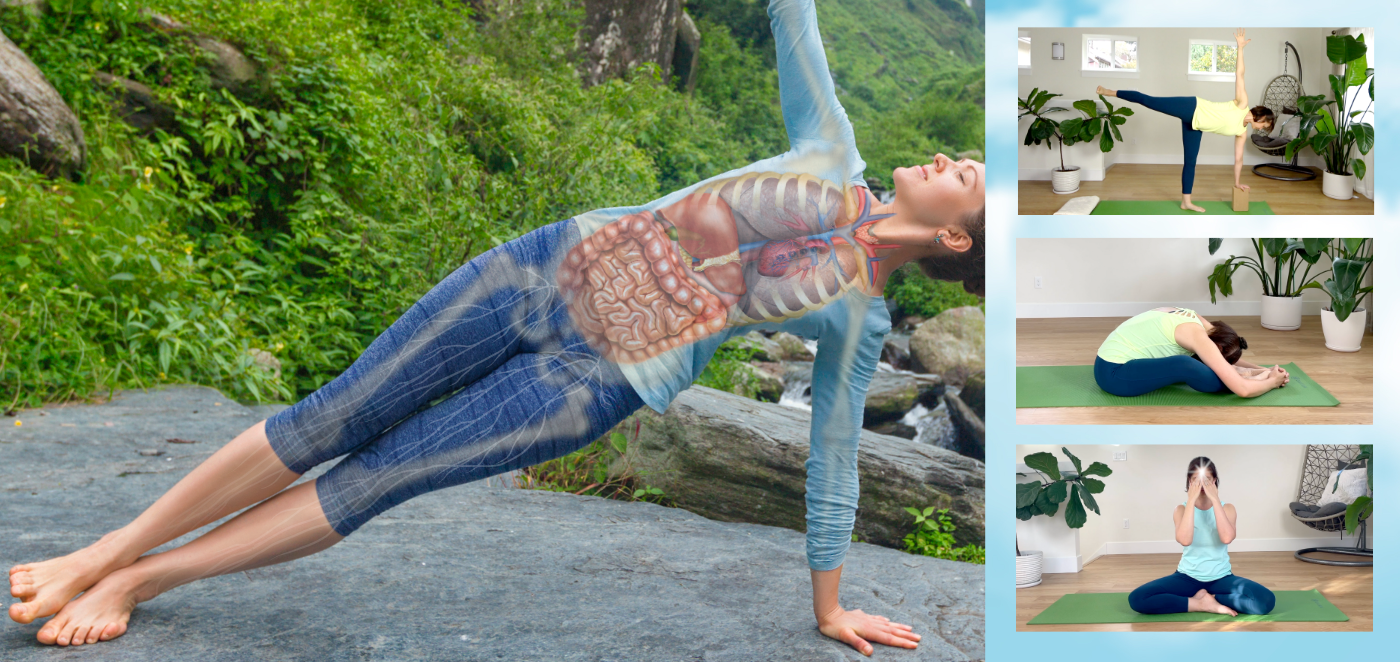
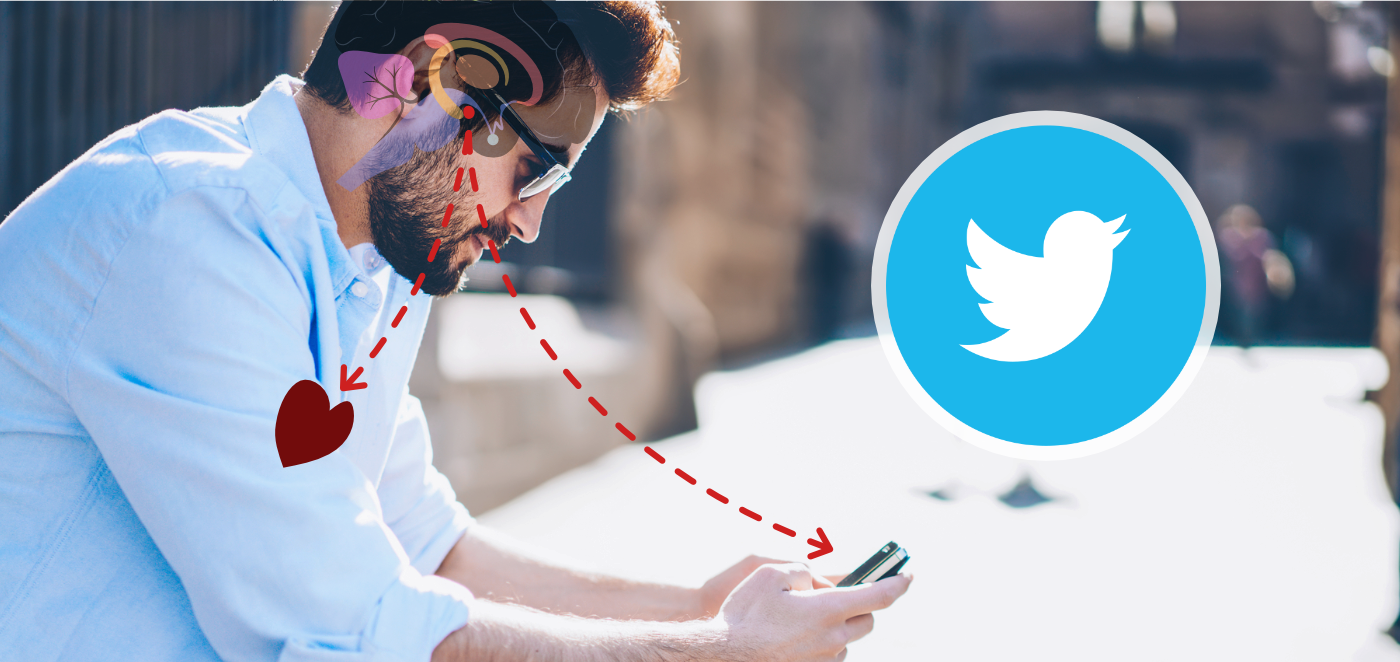
Thank you for explaining this concept with those wonderful graphics! Your ability to explain complex ideas and share the important points with such simple details is your gift! I just forwarded an article to a friend who is a first time Dad! Well, he is having trouble sleeping and has stomach issues since baby was born. I sent him the article you did where you explained how you had trouble sleeping with your little one and how the sympathetic nervous system kept getting activated when you were trying to get rest(always on alert). So..I hope the education helps him see the big picture of what is happening to him! I also sent him the yoga routine yoga practice to unwind after a stressful day! I’m hoping it helps nudge his system to rest digest! ?thank you for your time and for sharing this information with us!
Thank you, Angela! I hope this information will be useful to your friend, although those first few months of parenthood certainly drain one’s resources. I hope he is able to get rest. And thank you for your kind words about my graphics; they help my mind think more clearly, too 🙂
Dear Olga,
you are an amazingly gift from God. Thank you for your scholarship and generosity! I learn so much from you.
Bless you and yours,
Pam Keul, Viniyoga teacher and YT in MN
Thank you so much Pam; cheers to fellow viniyogi!
Oh I love this Olga, thank you so much for your teachings which make complicated subjects easy to understand.
Thank you Julie!
Thanks Olga, love this post.
Humans have a tendency to view the head as separate from the body, the emotions as separate from the intellect, and at the same time color direct observation with accumulated knowledge and previous experience.
To facilitate an alignment of the often divided considerations of the heart/mind/spirit, a reasonable first step could be seen to be to identifying the nerve pathways common to all of our modes of perception, and those which when appropriate can avoid the often blinkering, dulling and prejudicial effect of being channeled through the memory centres.
My best guess for this is the peripheral nervous system.
Thank you for your study on the nervous system. I find it extremely helpful in my yoga practice/teaching!
Great to hear that Paula, thank you!